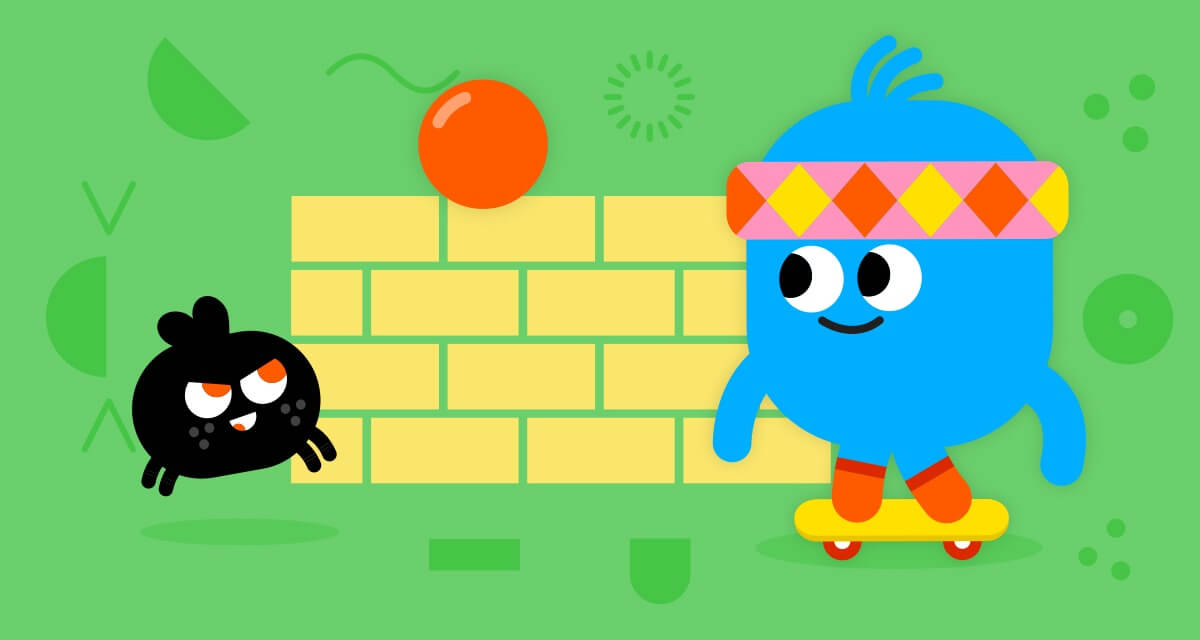We talked with evolutionary psychologist Peter Gray about why play is crucial for development.
- By
- Parker Barry
Over the past 50 years, kids have missed out on play. Evolutionary psychologist Dr. Peter Gray points to a decline in free play as the reason for an increase in anxiety and depression, a decline in empathy and rise in narcissism, and a decline in creativity. Kids today spend more of the year in school — five weeks more, on average, than 50 years ago — and more of that day is spent on academics. Most kids have only a few minutes of their school day for self-chosen free play.
But kids aren’t going home to roam the neighborhood and play with their friends, either, as kids a couple of generations ago did. Now, afternoons are spent in organized activities. Kids learn a much different set of skills from a Little League, adult-led game of baseball than they do from a kid-run pick-up game. Along with this increased “schoolish” lifestyle, kids have lost the freedom of play because of often exaggerated safety concerns fueled by the media and parents afraid of being judged or called out for “endangering” their kids.
Play is nature’s way of ensuring that children will learn the skills they need to survive and thrive in adulthood. All mammals play, or at least need to play. Play is where the young practice the skills they’ll need to survive as adults. Predator animals play hunting and stalking games. Think of how kittens play, stalking and teasing and leaping at whatever catches their playful eyes. Prey animals play fleeing or freezing games, running away or playing dead. Humans in hunter-gatherer societies play, practicing the skills they’ll need as adults.
Play is nature’s way of ensuring that children will learn the skills they need to survive and thrive in adulthood.
Kids need play, and research shows it. Dr. Gray explains that research using rats (depriving humans and even monkeys of play for the sake of research is considered inhumane, so the studies are done on rats) showed devastating result for rats who didn’t play. Play-deprived rats were raised with young rats who were rendered non-playful by drugs that completely took away the desire and instinct to play. The non-drugged rats raised with them in this environment without play become emotionally crippled as young adults. They reacted with fear and terror in new environments. They lashed out with inappropriate anger.
If kids are deprived of play, they aren’t going to learn to get along with others. They aren’t going to learn that they can solve their own problems. They aren’t going to believe that they are in control of their lives. Skills like empathy, resilience, and problem-solving — all essential to thriving in the 21st century — are natural benefits of just letting kids play.



